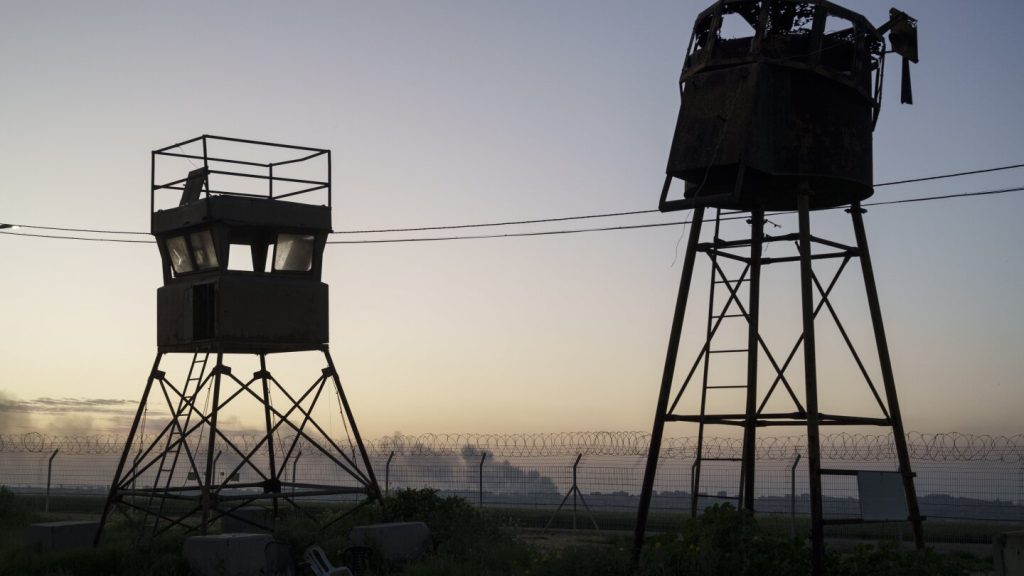In October, Hamas launched a devastating assault on Israeli kibbutzim along the border with Gaza, killing 1,200 people and leaving these communities empty. Despite being rooted in contradictions, these kibbutzim have long been seen as symbols of Israeli resilience. Built near former Palestinian villages, residents maintained economic relationships with Gazans, even as they faced frequent rocket attacks. In the aftermath of the attack, the trauma lingers for those who lost loved ones, and the ongoing war adds to the sense of insecurity.
Months after the attack, residents are grappling with the decision of whether, how, and when to return to their homes. Evacuated to temporary locations after the assault, many residents long to reunite with their families and reclaim their lives. However, uncertainty about future security conditions along the border makes it difficult for them to make long-term decisions. Some are determined to go back, while others remain hesitant amidst the ongoing conflict and sporadic violence.
The residents’ choices about returning to the kibbutzim are deeply personal but also have broader implications for Israel. These communities played a strategic role in solidifying Israeli control of land after the 1948 war, and their abandonment could have significant consequences for the country. As researcher Shlomo Getz points out, the kibbutzim are crucial to the nation’s identity and losing them could signify a loss of the country itself. The divided opinions within the communities reflect the uncertainty and complexities of the situation.
The trauma and devastation caused by the attack have left a lasting impact on the residents of the kibbutzim, who continue to grapple with grief and fear. The ongoing conflict in Gaza adds to their sense of insecurity, as artillery fire and fighter jets serve as constant reminders of the proximity to the war zone. While some residents are eager to return to their homes and rebuild their lives, others are hesitant to do so amidst the uncertain and volatile situation along the border.
The kibbutzim represent a paradox of Israel’s history and identity, with their complex relationships with Gaza and their resilience in the face of violence. The decision of whether to return to these communities is not just about personal safety and security but also about the future of the country. As residents weigh their options and grapple with uncertainty, the fate of the kibbutzim remains uncertain, with implications for both the families involved and the broader Israeli society. The ongoing conflict in Gaza adds an additional layer of complexity to an already difficult decision-making process.


